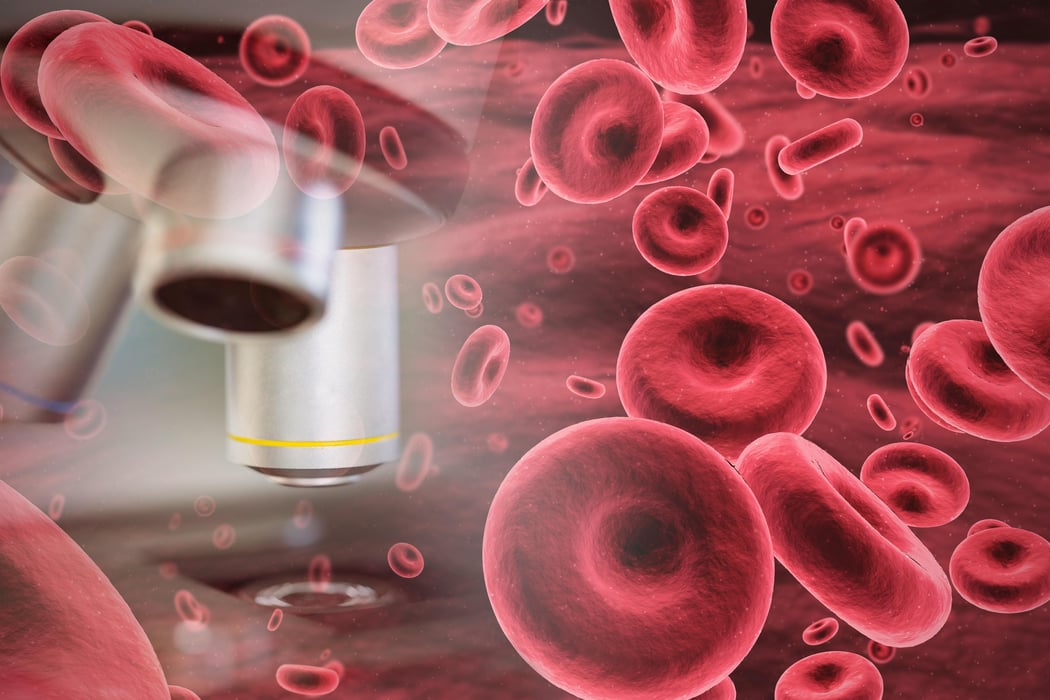Anticoagulants Do Not Reduce Arterial Thrombotic Event Risk in Cancer

FRIDAY, July 7, 2023 (HealthDay News) -- For ambulatory patients on systemic anticancer therapy, anticoagulants do not reduce the risk of arterial thrombotic events (ATEs) and are associated with increased bleeding risk, according to a review published online June 27 in JACC: CardioOncology.
Yan Xu, M.D., from the University of Ottawa in Canada, and colleagues examined the efficacy and safety of anticoagulants in ATE prevention among ambulatory cancer patients. The researchers performed a systematic review of studies comparing oral or parenteral anticoagulation with no anticoagulation among patients receiving systemic anticancer therapy with no other indication for anticoagulation. Data were included from 14 randomized trials involving low-molecular-weight heparins, direct oral anticoagulants, and warfarin. ATEs (myocardial infarction, ischemic stroke, intra-abdominal arterial embolism, or peripheral artery occlusion) were captured as coefficacy end points or adverse events.
The researchers observed no association for anticoagulant use with a decrease in ATEs compared with placebo or standard treatment (relative risk [RR], 0.73; 95 percent confidence interval [CI], 0.50 to 1.04). For major and minor bleeding, the RRs with anticoagulant use were 1.56 (95 percent CI, 1.12 to 2.17) and 2.25 (95 percent CI, 1.45 to 3.48). The risk of death was not reduced with anticoagulants in 13 trials that reported all-cause mortality (RR, 0.99; 95 percent CI, 0.95 to 1.02).
"Our data do not support the routine use of anticoagulation for ATE prevention in ambulatory cancer patients," the authors write.
One author disclosed ties to the pharmaceutical industry.
Related Posts
Women With Employer Insurance More Likely to Report Unaffordability of Care
FRIDAY, Dec. 30, 2022 (HealthDay News) -- A higher proportion of women than men...
QOL Up With Pembrolizumab Versus Ipilimumab, HDI in Resected Melanoma
MONDAY, Nov. 28, 2022 (HealthDay News) -- For patients with high-risk resected...
One in Three Veterans Live in Areas With Psychiatrist Shortages
WEDNESDAY, Jan. 4, 2023 (HealthDay News) -- More than one-third of TRICARE...
Vivir con la contaminación atmosférica aumenta las probabilidades de demencia, encuentra un estudio
MARTES, 15 de agosto de 2023 (HealthDay News) -- Las personas que respiran...
